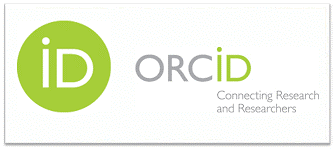Researcher profile
Author Identifiers: These are unique identifiers that make it possible to manage the professional identity of each researcher, distinguishing him/her from other researchers and associating him/her unequivocally with his/her scientific work. Author identifiers link the researcher’s personal data with his or her scientific production and with the professional activities carried out in different research groups or institutions.
Author identifiers, among other things, allow:
- Standardize the name and affiliation.
- Correct identification errors in author or institution names.
- Group all publications by the same author.
- Facilitate the retrieval and dissemination of publications.
- Increase visibility.
- Obtain statistics on scientific production.
Main author identifiers and profiles:







